California’s Governor Gavin Newsom has been making headlines left and right over the past several years as he has implemented a wide variety of changes for the Golden State.
Most recently, Newsom’s plan to tackle the state’s homeless crisis is under fire, especially among mental health care professionals who worry that the policy could be extremely detrimental to those in the state living with mental wellness issues as well as those experiencing homelessness.
Understanding Gov. Newsom’s Change to the Mental Health Services Act
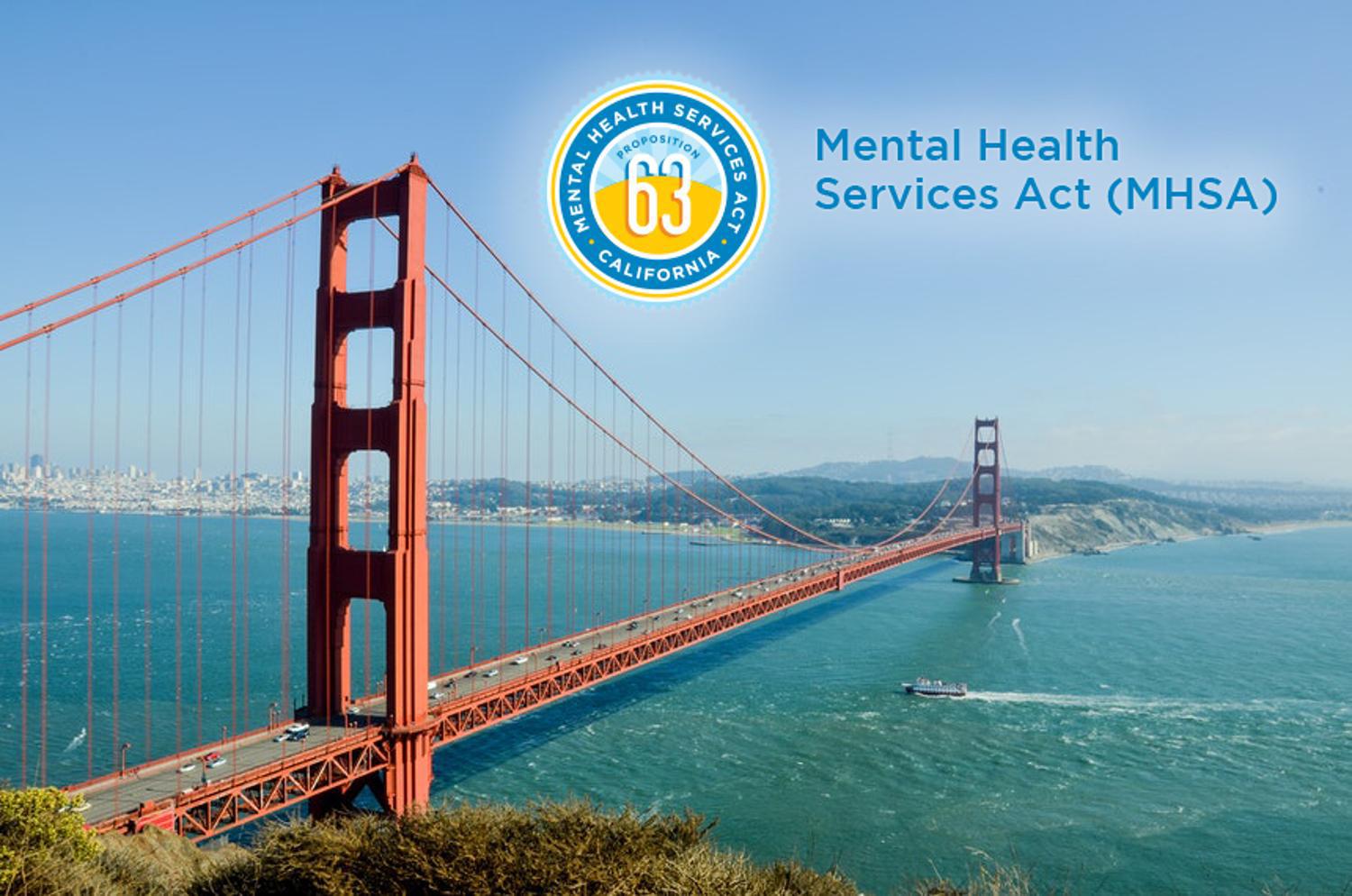
For several years, California’s Mental Health Services Act (MHSA) has ensured that a substantial portion of the state’s taxes are used to care for residents with mental health issues. In fact, between $2 billion and $3 billion have historically been spent every year on the necessary services.
However, Gov. Newsom’s new proposition states that 60% of these funds will now be used for individuals experiencing homelessness who are in need of mental health services.
One-Third of All Americans Experiencing Homelessness Live in California
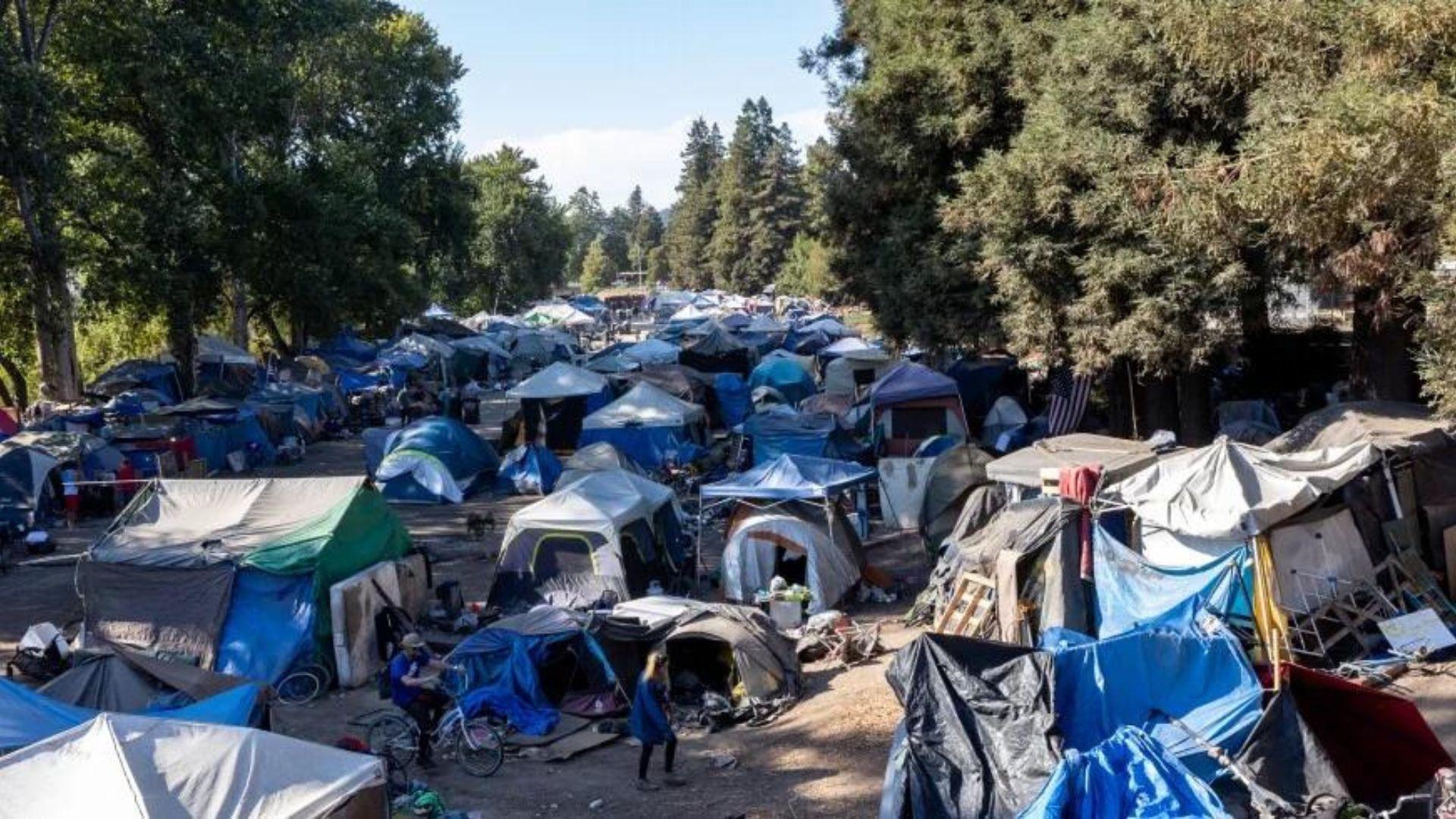
Newsom’s new plan is especially important because an almost unbelievable 30% of all Americans experiencing homelessness live in the state of California.
According to CalMatters, a nonprofit that focuses on homelessness in the Golden State, there are currently 181,399 unhoused Californians, 82% of whom have experienced symptoms of mental illness.
Mental Health Advocates Are Against the Bill

With this data in mind, it may be surprising to learn that the vast majority of California’s mental health advocates are against the bill.
Governor Newsom’s Proposition 1 states that at least $10 million will be allocated to establishing supportive housing for unhoused Californians with mental wellness concerns; however, those fighting against the bill argue that doing so would actually be detrimental for several reasons.
The New Proposition Will Lead to Budget Cuts Across the State
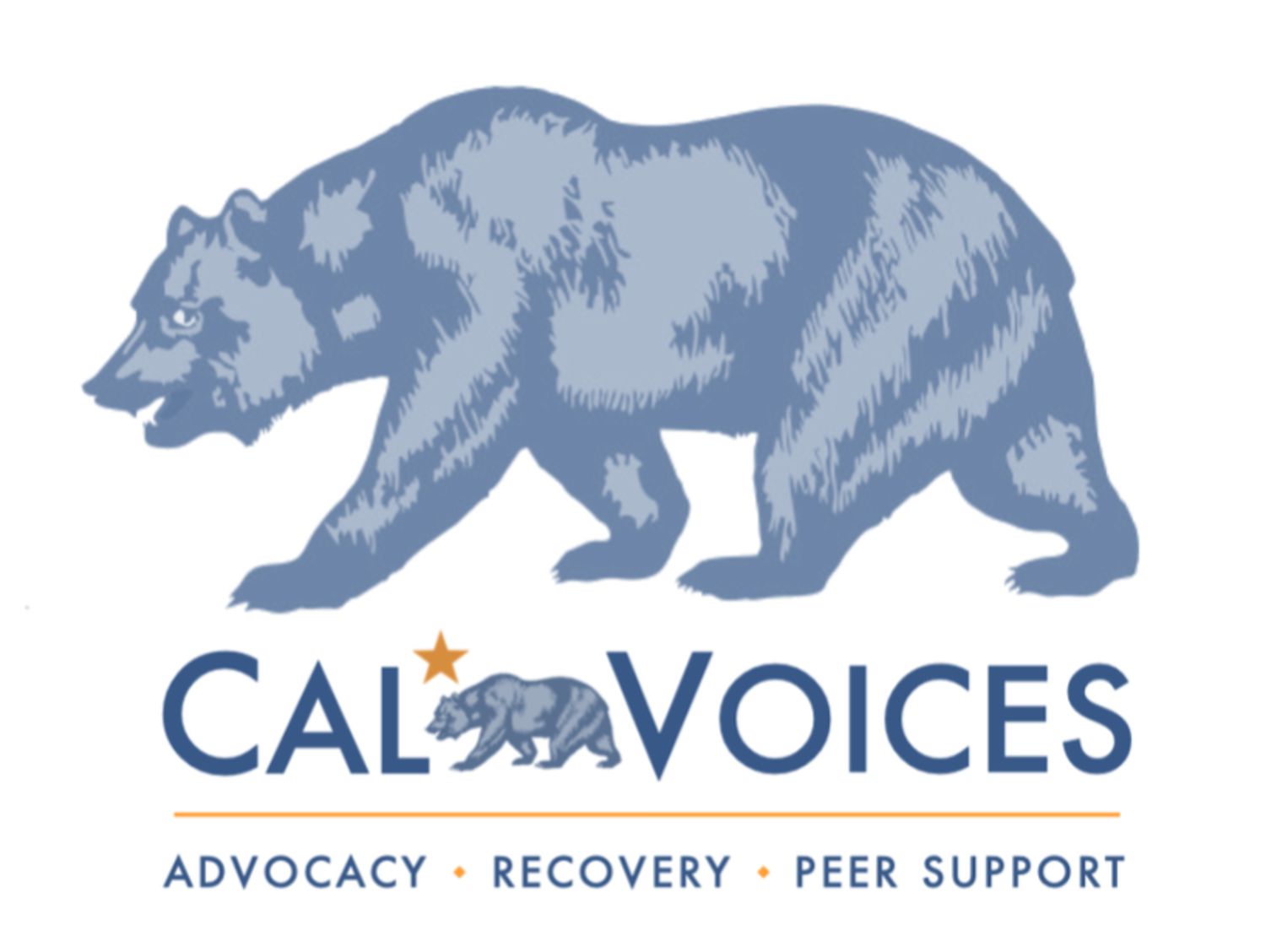
Essentially, by taking $10 million of the budget to finance new shelters and additional beds, mental health care professionals worry that the existing services will suffer.
Clare Cortright, the policy director at Cal Voices, which provides mental health services to California, explained, “Prop. 1 wipes out what this community has fought for and accomplished over the last 20 years… [it] will force counties to cut basic mental health services, including outpatient treatment, crisis services and peer support services that maintain stability for high-risk clients and save lives.”
Those Who Need Assistance Will See the Difference

One of the biggest concerns is that California residents, both housed and unhoused, who are already using the state’s mental wellness services will directly suffer from a lack of funding.
Professionals in the field, specifically those who work at the state’s nonprofits, worry that they will need to stop offering useful and often free services such as group therapy, one-on-one care, emergency centers, and much more without the funding to pay their staff.
The State Needs More Resources, But This Isn’t the Best Option
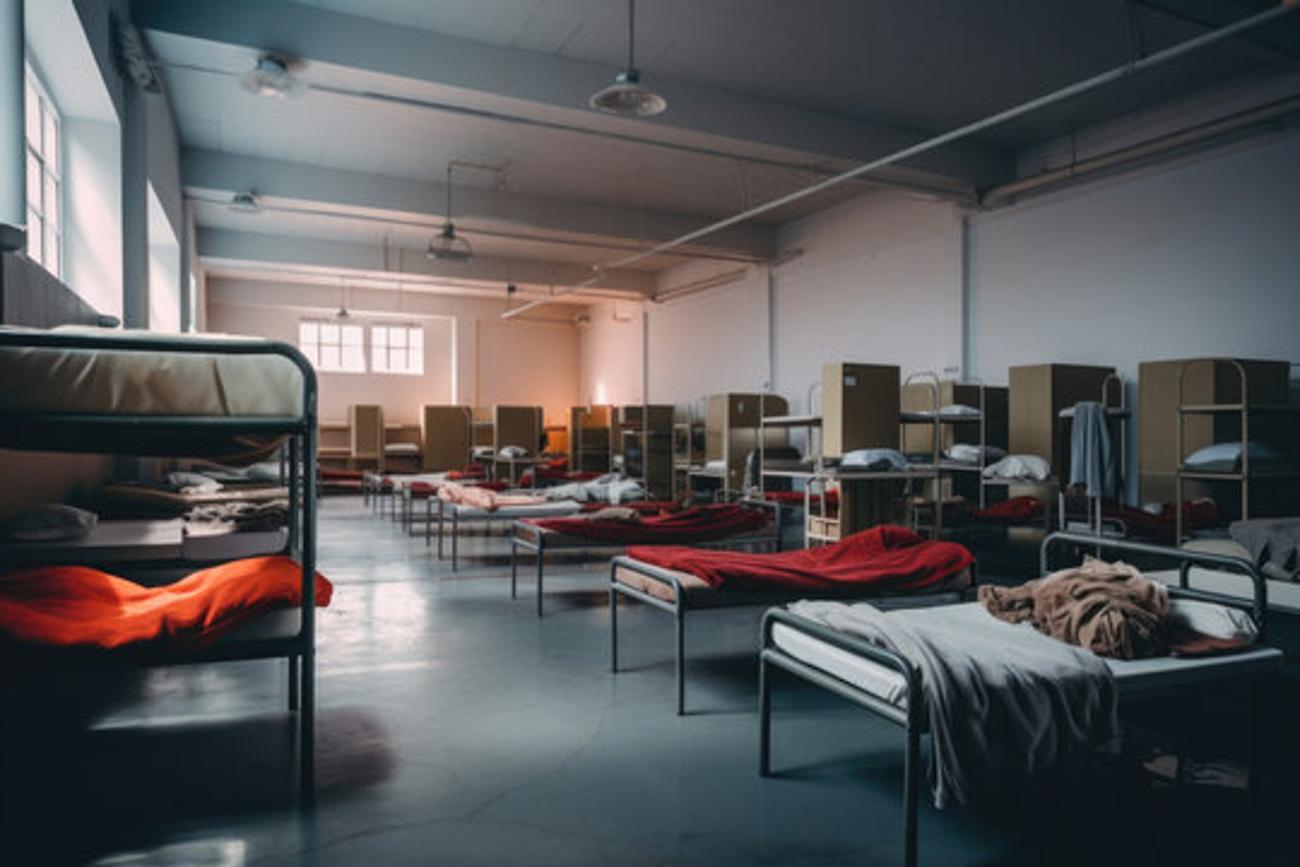
These mental health professionals are not saying that the state doesn’t desperately need more funding and resources for the housed and unhoused residents in need of mental wellness care; they just don’t believe this is the best way to do so.
Director of the Hospitality House in San Francisco, Joe Wilson, explained, “Everyone agrees that we need more resources for housing…Is this the best way to do it? We don’t believe so.”
Forced Psychiatric Care Is Another Big Concern
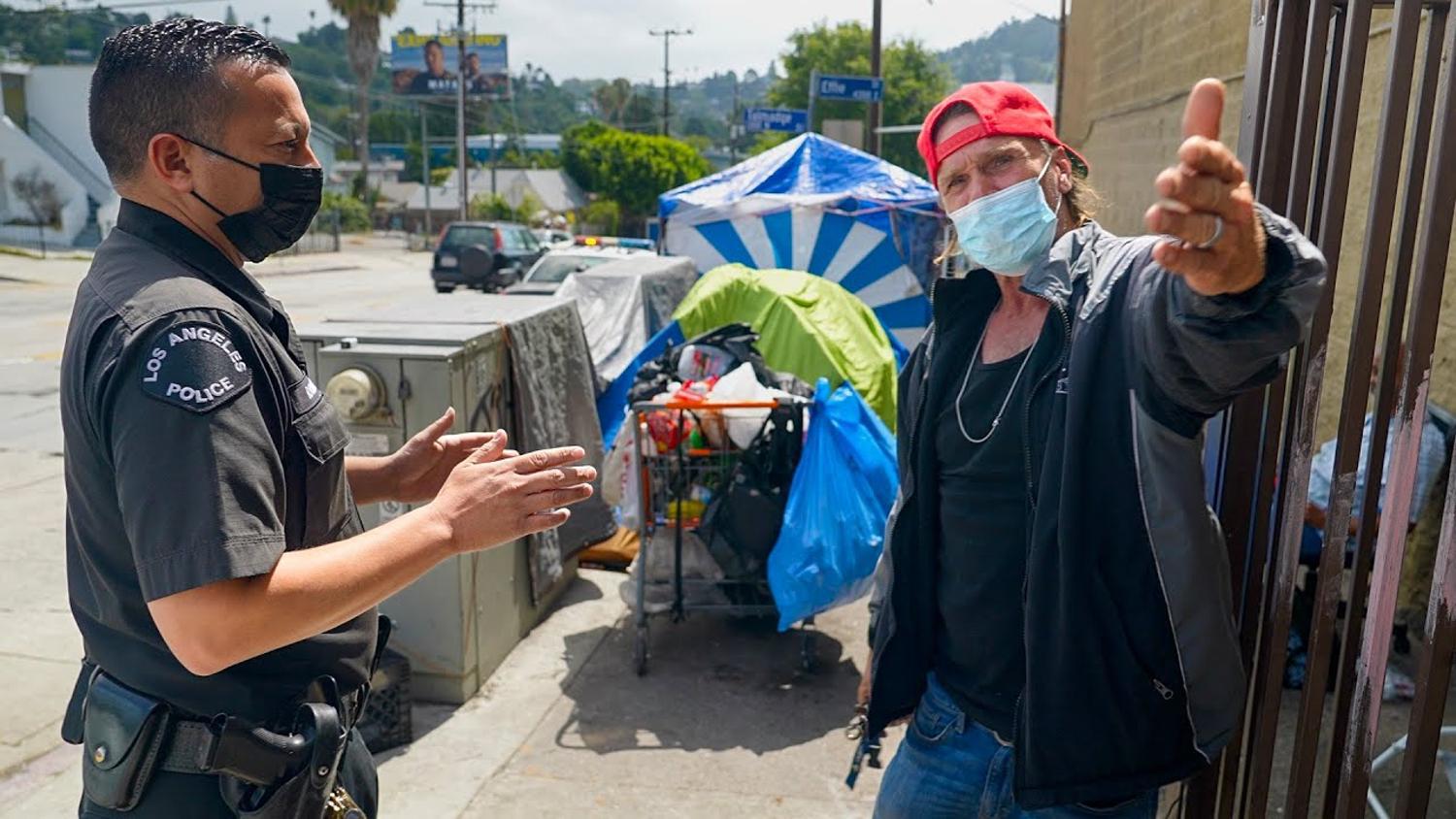
In addition to the fact that Prop 1 will be taking money away from existing and extremely helpful services, many worry that the plan will actually ignite a kind of forced psychiatric care for unhoused Californians.
Because the proposition ensures that more shelters will be built specifically for those experiencing mental wellness issues, individuals living without homes may be subject to involuntary treatment if they need to move into one of these shelters.
People Need to Choose Mental Health Care in Order For it to Work
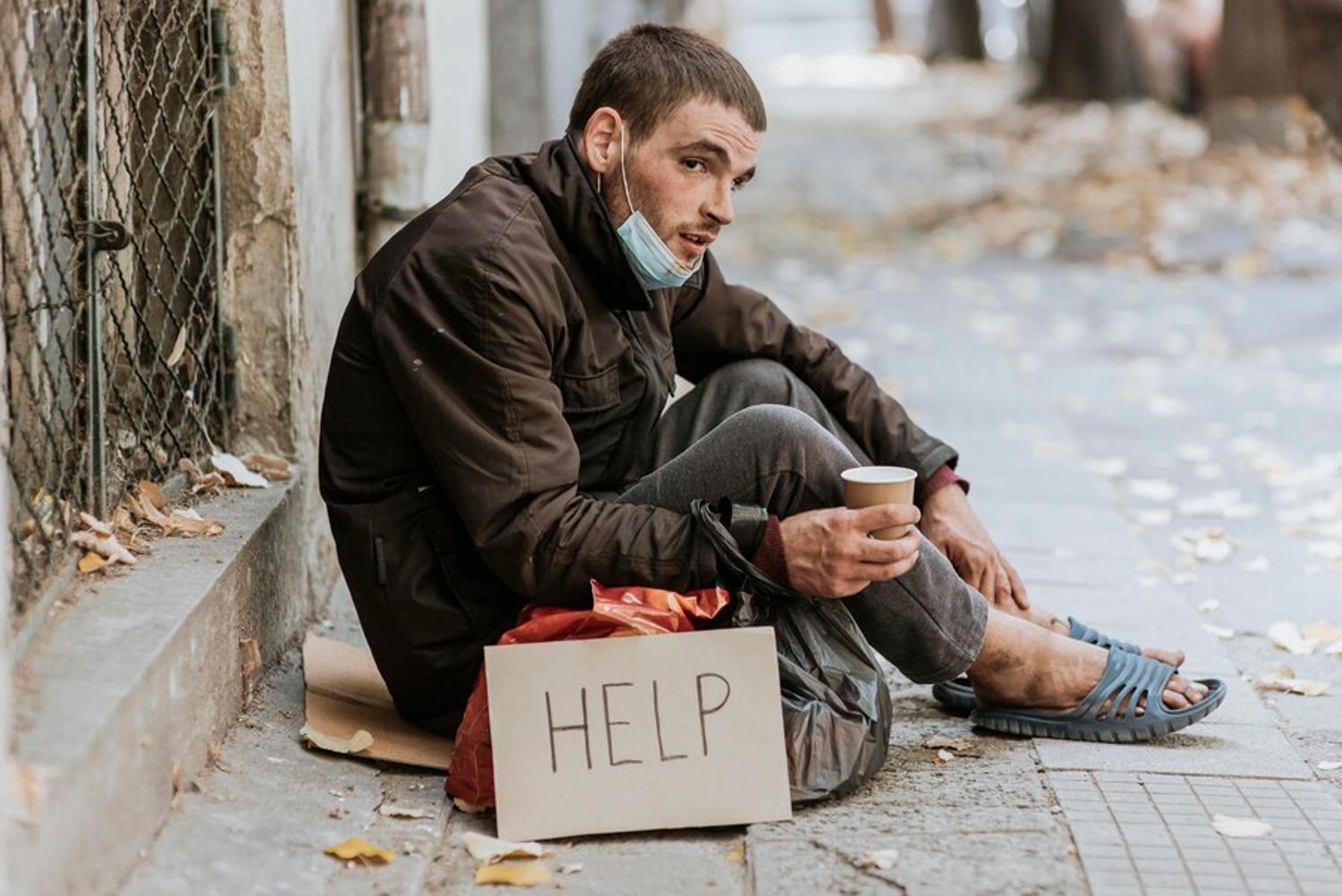
There is a plethora of data that proves people need to choose mental health care in order for it to actually work. Being forced into treatment often feels like punishment and can actually negatively influence a person’s desire to reach out for help in the future.
As Shaya French, an organizer with the San Francisco Senior & Disability Action project, explained, “My concern is that it means locking people up or coercing them into staying. Treatment doesn’t work if people are not ready for it. If people don’t want to get sober, they are not going to get sober. It’s a really bad experience being having your freedom taken away.”
There Are Financial Concerns Regarding Proposition 1

It’s not just mental health professionals who are concerned with Proposition 1; several fiscal policy organizations have also spoken out against the bill.
The Hoover Institution noted that this plan could be seriously detrimental to California’s annual budget, especially because the state debt already sits at an almost unbelievable $145.03 billion. Which could negatively affect the state’s already struggling economy in the coming years.
Gov. Newsom’s Prop 1 Has Already Passed
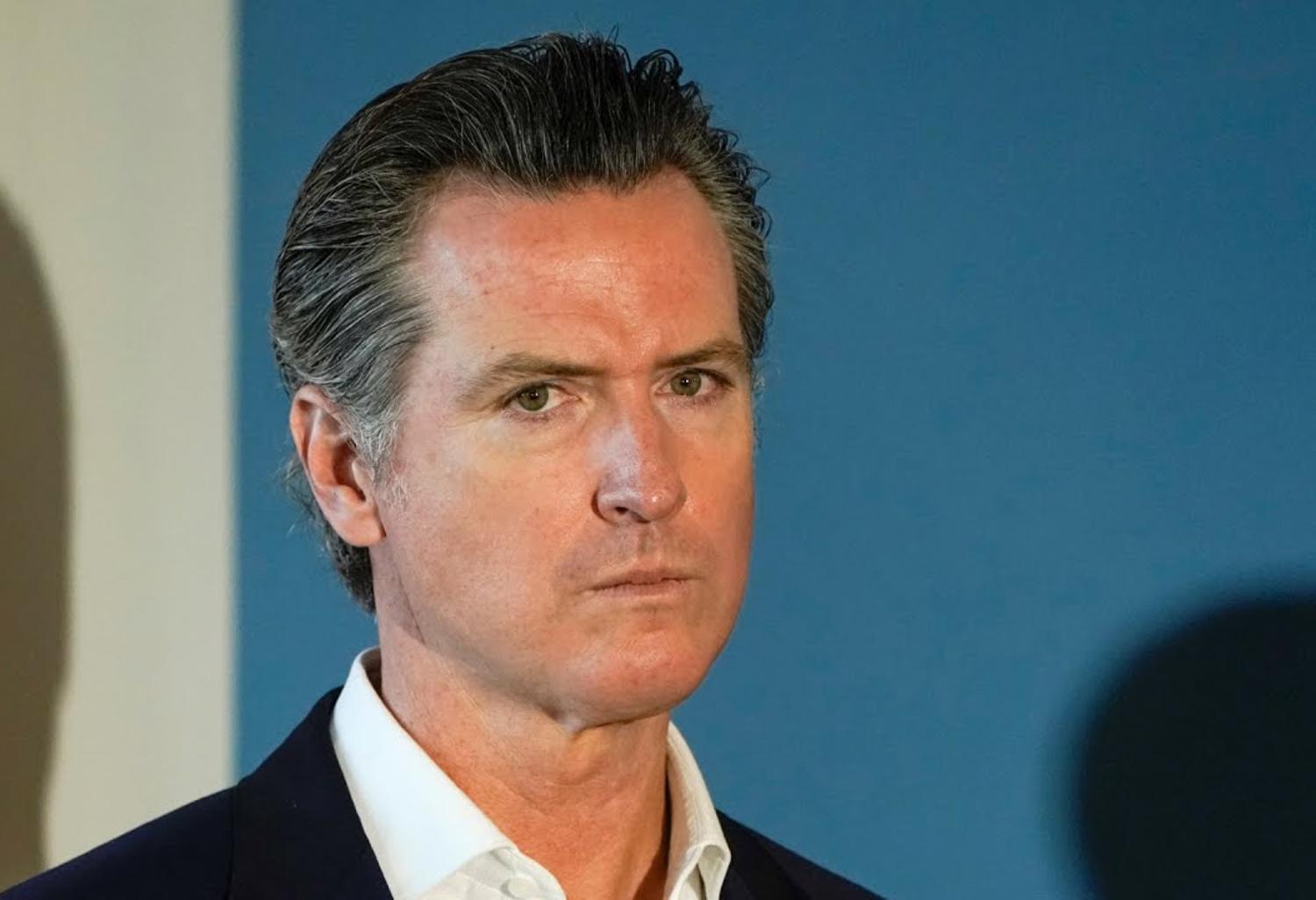
It’s important to note that Governor Newsom’s Proposition 1 has already passed, which means the complaints from the state’s leading mental health professionals and fiscal policy organizations are truly moot.
It’s going ahead as planned, so residents and professionals of California will find out soon enough whether or not it will actually lead to necessary services being cut, people experiencing homelessness being treated against their will, and an increase in the state’s growing debt.
What’s Next for California?

The debate surrounding Gov. Newsom’s Proposition 1 to adjust the Mental Health Services Act is just the latest in the governor’s controversial policy changes over the past few years. However, while the Democratic governor has two years left in office, things may change drastically for the state in just a few months.
President Biden has supported most of the governor’s policies, but if Trump wins the Oval Office in November, he may pull rank and force Gov. Newsom to retract or at least adjust several of his recent pieces of legislation. Residents of the Golden State will just have to wait and see what happens next.
